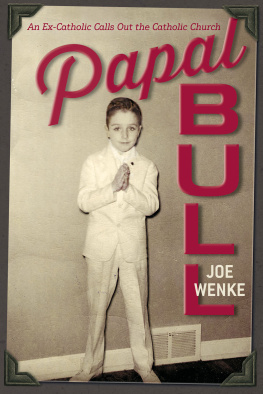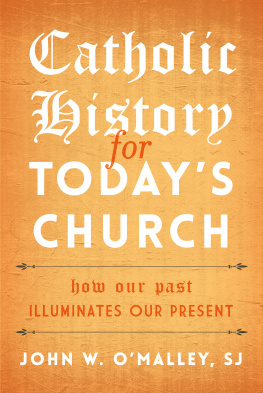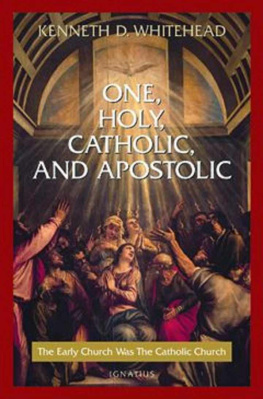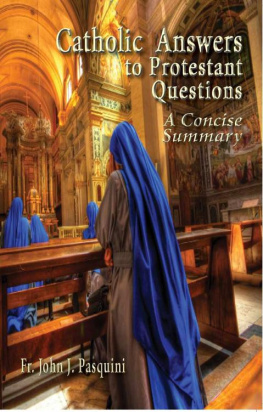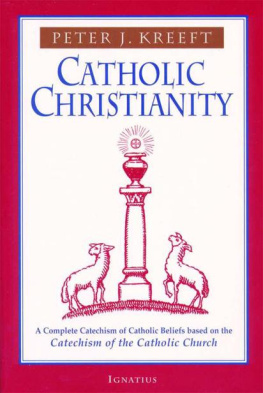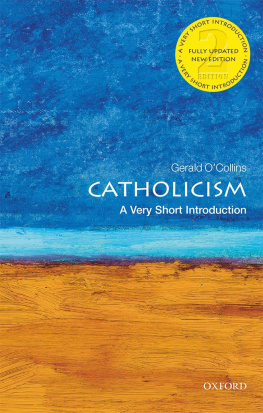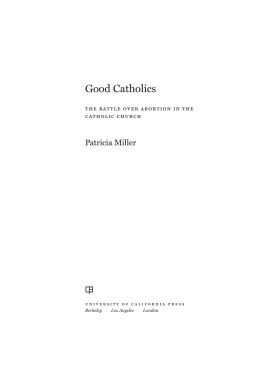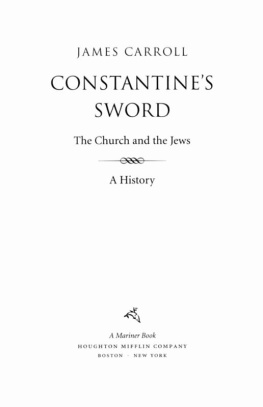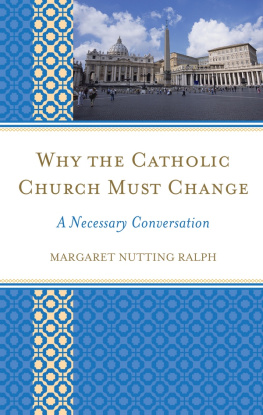ALSO BY JOE WENKE
The Talk Show, a novel
Free Air, Poems
You Got to Be Kidding! A Radical Satire of The Bible
Mailers America
Looking for Potholes (January 2015)
The Human Agenda: Conversations About Sexual Orientation and Gender Identity (January 2015)
Trans ber LLC
www.transuber.com
Copyright 2013 by Joe Wenke
All rights reserved under International and Pan-American Copyright Conventions. Published in the United States of America by Trans ber LLC, Stamford, Connecticut.
No part of this book may be reproduced or transmitted in any form or by any means, electronic or mechanical, including photocopy, recording, or any other information storage and retrieval system, except for brief excerpts in a review or essay referring to this book, without prior permission in writing from the publisher.
To reach the author or Trans ber email:
josephwenke@msn.com
Digital ISBN: 978-0-9859002-4-3
Paperback available.
Manufactured in the United States of America
First Edition
Book and cover design: Blue Mountain Marketing
www.joewenke.org
Follow Joe Wenke on twitter @joewenke.
For Mark, Ryan, Olivia and Gisele
Papal bull: An unintentionally ironic term for a formal pronouncement by a pope.
CONTENTS
What was it like growing up Catholic as a decidedly blue-collar member of the Baby Boom generation of the 50s and 60s? Well, for one thing it was crowded. Almost everybody had big families. I was the oldest of eleven children. We started out in a small rented row home in South Philadelphia and moved in 1958 to another small row home in Glenolden, Delaware County, just a few miles southwest of Philly. My parents bought the house for under $10,000 with a thirty-year mortgage and took the entire thirty years to pay it off. I have no idea how we fit in that house. There was maybe 700 square feet of living space and what I would describe as 2 bedrooms. The half bedroom, where I slept with one of my brothers, was a little bigger than a walk-in closet. Six of my siblings slept in two bunk beds in a small middle room. My parents slept in a slightly bigger front room, which somehow accommodated their bed and two cribs. There was one small bathroom.
We never thought of ourselves as poor, but we never had any money. I knew that, so I never asked for anything. When my shoes got holes in them, I used cardboard to cover the holes. When I walked to school on rainy days, the cardboard would get wet. Then my socks would get wet. Then my socks would get holes in them too.
Despite the extremely low price of entry into our neighborhood, which was known as Briarcliffe, there were no black people. For that matter, there were no Hispanic people, no Asian people, and no Jewish people either. I dont think that I met a single person from outside my racial or cultural group until I was eighteen and began working summers at DuPont in West Philly. Everybody I knew was white and Catholic.
My familys move was part of the white flight from Northern industrial cities that marked the late 1950s and 60s. Actually our part of the suburbs was really just another version of South Philly with the addition of little postage stamps of grass and weeds. Nevertheless, the impetus for the move was partly to escape the racial integration of the inner city. If you were black, it was all but impossible to move into our neighborhood. By the early 60s there were maybe a couple of black families who tried to move into neighborhoods within a few miles of where I lived. The adults in my neighborhood referred to them as blockbusters. Blockbusting was a practice whereby real estate agents frightened white homeowners into selling their homes at a loss with the prospect that their neighborhood was about to become racially integrated. But the term as used by the adults in my neighborhood described the black family that was moving in. They were blockbusters, the racial integrators and would-be destroyers of the neighborhood who were supposedly backed financially by groups like the NAACP. That at least was the racist myth. Even people who werent overtly racist believed that black people destroyed the neighborhood once they moved in.
I remember what happened when a black family moved into Folcroft, which was a town maybe three or four miles from where I lived. The house was stoned and vandalized, and the family was driven from the neighborhood in just about no time. It was the summer of 1963. Today there are some black families living in the area where I grew up, but the neighborhoods are still overwhelmingly white, and the economic status of the people living there is about the same, relatively speaking.
So that was the environment crowded, borderline poor, all white, almost one hundred percent Catholic and racist. Just about everybody went to Catholic school. Public school was out of the question. That was where the black and Protestant kids went.
Talk about crowded! Its hard to say what was more crowded my house or the school I went to. I started out at St. Monicas in South Philly, but from the second grade on, I went to Our Lady of Fatima. In 1959, the year my sister, Maureen, entered first grade, there were six first grades with about 100 kids in each classroom. Each class was taught by a single nun. At both schools they were the Sister Servants of the Immaculate Heart of Mary. The so-called lay teachers were young women with little or no teaching credentials. My third-grade teacher was an eighteen-year-old woman who had just graduated from high school and was taking evening classes at a local college I think it was St. Joes.
Unfortunately all of the clichs about Catholic school in the 50s and 60s are true. School was boring and regimented. There was corporal punishment, too. Today a lot of what went down would rightfully be viewed as physical abuse and in some cases merit arrest. I hated every single second of grade school and high school except for maybe parts of kindergarten and first grade at St. Monicas. Time crept by slowly in those days. It seemed that a century had passed before I graduated from eighth grade.
Amazingly, I remember being kept after school in kindergarten. I was five years old. The class was singing a song, and I was amusing myself by singing like a frog. The teacher, Sister Esperanza, stopped the song and cried out, Whos singing like that! I was instantly betrayed. Every kid within an aisle or two of me pointed at me, and I remember batting away their hands and arms from my face as I sank down in my desk. After school the classroom was empty except for me and the sister. She was doing work at her desk at the front of the class. I somehow got it into my head that if I was really quiet and sneaky, I could escape by crawling out of the class on my hands and knees and that she would never know the difference. And so thats what I did. I remember crawling out of the room and then when I got to the hallway running down the stairs and out of the school like a crazy person. The good sister must have had a sense of humor. She must have observed me the whole time, but she let me escape, and I never heard a word from her about the incident the next day at school.
What this little incident also reveals is that at the age of five I did in fact walk by myself to and from school most every day. Imagine anyone letting their kid do that today anywhere in the country let alone through the inner city streets of South Philly. My father worked all day at an oil refinery, and my mother was home at this point with my brother and sister. Before I finished first grade there were two more kids. Thats five kids, six years old or younger. So I was pretty much on my own. This meant that my peers and I had a really odd kind of freedom when we werent in school. We were out of the house all of the time with no adult supervision. In South Philly this meant lots of handball, lots of stickball and lots of fights. I had been in maybe a couple of dozen fights by the time I was seven and we moved.

